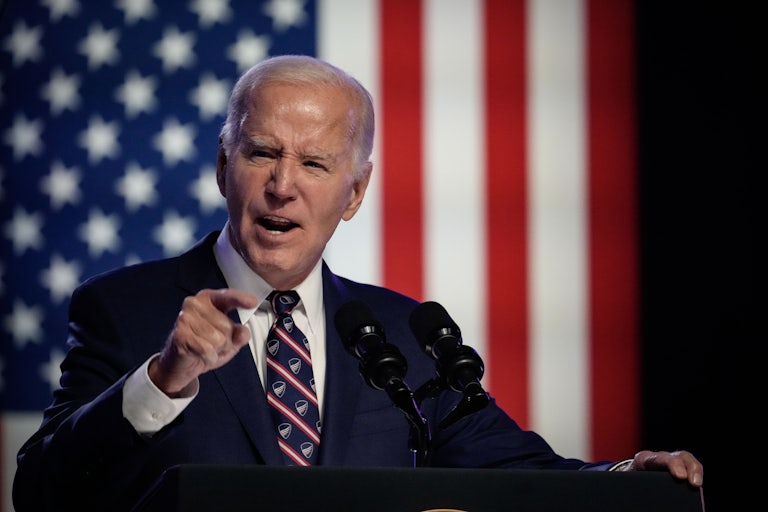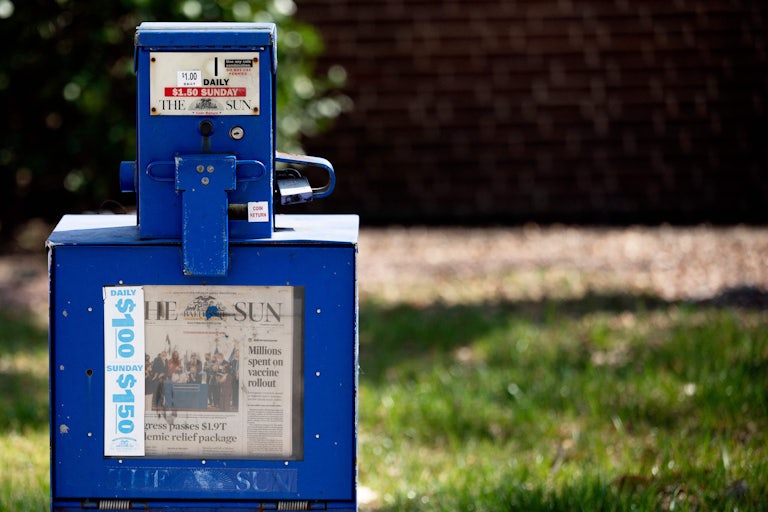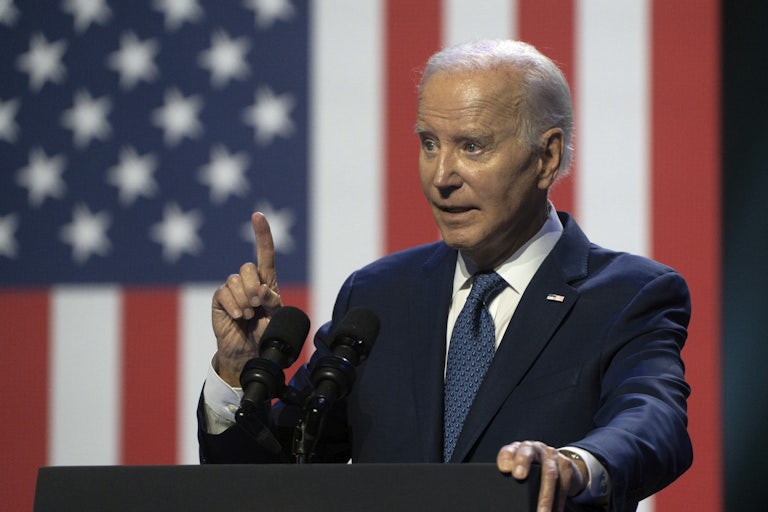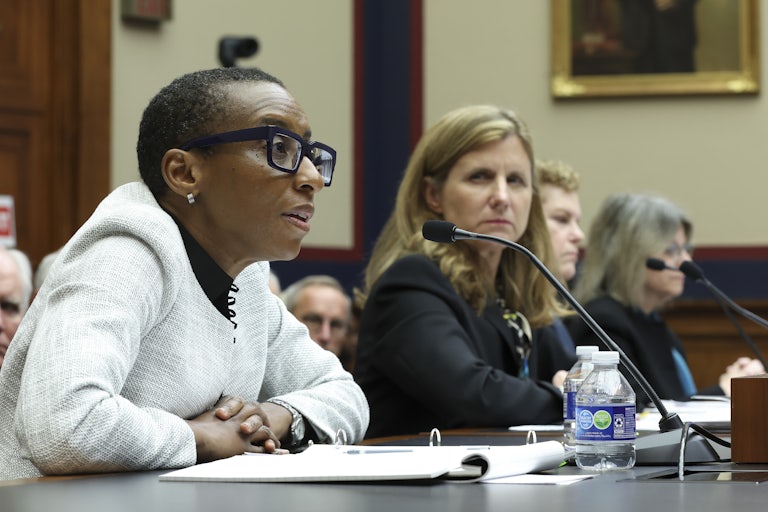How Jack Smith Became the Worst Part of Trump’s Historically Lousy Week
The former president’s legal woes have packed headlines, but the special counsel’s filing in the January 6 case has somehow flown under the radar.

The big headlines Friday morning concerned Fulton County District Attorney Fani Willis and the combative testimony Thursday she offered concerning her affair with Nathan Wade. But that wasn’t the big story of the week on the Donald Trump legal front. In fact, it may have been about fifth.
What’s bigger? Let’s start with Judge Aileen Cannon’s decision to deny Trump’s attorneys’ bid to delay pretrial motions in the case she’s hearing, about Trump’s removal of classified documents from the White House. Cannon, you’ll recall, was appointed by Trump. After the documents case landed so unserendipitously in her lap, she made a series of nakedly pro-Trump rulings; the 11th Circuit vacated one order of hers that would have helped Trump delay the proceedings. She also blocked federal investigators from examining the material seized by the FBI, a decision eviscerated by legal experts. So maybe she’s gotten the message that she’d better be a real judge, not a sycophant.
Trump also was dealt a blow this week when Juan Merchan, the judge in the Stormy Daniels hush-money trial, dismissed another attempt at delay by Trump’s lawyers. That trial will start, as scheduled, on March 25.
And—no, it doesn’t stop!—another judge, Arthur Engoron, is supposed to hand down his decision in the penalty phase of the civil suit brought by the New York attorney general against the Trump Organization. AG Letitia James is seeking $370 million. There are reasons to think that that number may be on the low end of where Engoron will land.
But for my money, the worst part of Trump’s week came in the filing by special counsel Jack Smith to the Supreme Court in response to the Trump team’s request for a stay on that trial, which is the January 6 insurrection case. In a 40-page filing, Smith and his attorneys dismantled Trump’s arguments one by one. Smith had until February 20 to file this response, but he did it eight days early and he means business: “The charged crimes strike at the heart of our democracy. A President’s alleged criminal scheme to overturn an election and thwart the peaceful transfer of power to his successor should be the last place to recognize a novel form of absolute immunity from federal criminal law. Applicant seeks a stay to prevent proceedings in the district court from moving towards trial, which the district court had scheduled to begin on March 4, 2024, before applicant’s interlocutory appeal necessitated postponement of that date. Applicant cannot show, as he must to merit a stay, a fair prospect of success in this Court.”
Why is this filing so important? Three reasons. First, Smith urges the Court to act quickly. He still wants the trial to start in March. If the Court agrees, picture it: Trump on trial in two separate courtrooms, on charges that strike precisely at the heart of the two biggest manifestations of his moral turpitude: In New York, as a private citizen, as a man, who treats women like garbage; in Washington, as a public, um, servant who mocks the Constitution and believes that no law applies to him. It will be perfect stereo spectacle for Americans to spend the spring observing.
Second, while it’s true that we’re dealing with a very politicized Supreme Court here, and it’s obvious that at least two justices (Samuel Alito and Clarence Thomas) will rule for Trump on just about anything, Smith’s response makes a very strong set of arguments that should appeal to at least some of the Court’s conservative originalists. “The Framers,” Smith writes, “did not provide any explicit textual source of immunity to the President.”
And third: The Smith case is the most important of all, for the simple reason that inciting the January 6 insurrection is the worst thing Trump has done. Granted there is stiff competition for his most mortal sin. But egging on a crowd to overthrow the government and hang your own vice president still takes the cake. If Smith succeeds in convincing the Supremes to expedite this case and goes on to win a pre-election conviction, that ought to seal Trump’s fate. Some recent polls have shown that swing state swing voters would be highly disinclined to vote for Trump if convicted of a crime.
We’ve seen the conventional wisdom turning on this question in recent weeks. Last year, the standard media line was to say that all the indictments were helping Trump, which was true if you were talking only about Republican primary voters. But now the attention of the media and of pollsters is turning toward general election voters, and they see matters differently.
Every one of these cases is important because each one points to a grotesque deficiency of character that demonstrates why Trump should never be president again. But the insurrection case is the first among equals. A conviction in this case before November 5 really should be the end of the road for Trump. It all depends on the Supreme Court agreeing with Smith’s motion this week. He made as strong a case as could be made.
This article first appeared in Fighting Words, a weekly TNR newsletter authored by editor Michael Tomasky. Sign up here.



















